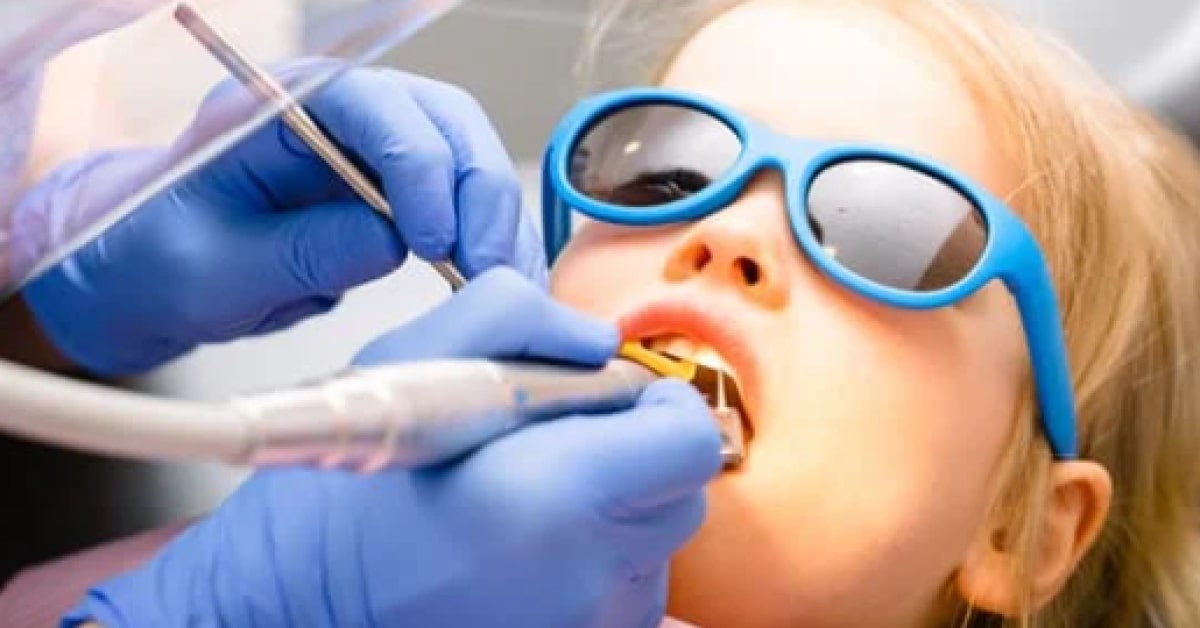Blog
July 06, 2023 • 10 mins readThe Power of Lifestyle Changes in Managing Sleep Apnea: 7 Effective Strategies
Learn how lifestyle changes can help manage sleep apnea and discover 7 effective strategies to help you get a better night's sleep.
Author
Danielle Duncan

In this Article
Sleep apnea, a sleep disorder that affects up to 26% of people in the United States alone. It is characterized by pauses in breathing or shallow breaths during sleep, leading to poor quality sleep and daytime fatigue. While medical treatment by a dentist or other medical professional is crucial for managing sleep apnea, there are also several things you can do to manage sleep apnea at home to improve your sleep and overall well-being with the guidance of your dental team.
It is important to remember, however, that the first step to getting a better night’s sleep is to get diagnosed with sleep apnea. Whether that is through an in-office or a home sleep study, a dental sleep medicine expert can help with diagnosis and treatment. In this article, we will explore some practical tips to help you manage sleep apnea effectively by reducing stress, maintaining a sleep schedule, and following a dentist’s advice on the usage of a Cpap or custom orthotic device made specifically for your sleep apnea.
Maintain a Consistent Sleep Schedule
Establishing and maintaining a regular sleep schedule can significantly improve your sleep quality. Keep a consistent sleep schedule, try to sleep and wake at the same time every day, including weekends! This consistency helps regulate your body’s internal clock and promotes better sleep patterns. Remember to allocate enough time for a full night’s sleep, aiming for 7-9 hours every night.
Create a Sleep-Friendly Environment
Your bedroom environment plays a crucial role in promoting quality sleep. Keep your bedroom dark, quiet, and cool. Use curtains or blinds to block out external light, consider earplugs or white noise machines to minimize noise disruptions, and maintain a cool temperature to ensure comfort. Avoid the use of electronics in the room if at all possible as the lights can disrupt sleep. Additionally, invest in a comfortable mattress and pillows that support your body and promote proper alignment.
Practice Relaxation Techniques
Stress and anxiety can exacerbate sleep apnea symptoms. Engaging in relaxation before bedtime can help relax your mind and prepare your body for sleep. You can use scent therapy such as lavender essential oils, deep breathing exercises, meditation, progressive muscle relaxation, or gentle stretching. Find a relaxation technique that works best for you and incorporate it into your bedtime routine.
Maintain a Healthy Lifestyle
Adopting a healthy lifestyle can have a positive impact on your sleep apnea management. Start by maintaining a balanced diet, avoiding heavy meals close to bedtime, and limiting caffeine and alcohol intake, as they can disrupt sleep. Regular exercise can also promote better sleep, but remember to consult with your healthcare provider before starting any new exercise regimen and avoid strenuous exercise too close to bedtime.
Elevate Your Head During Sleep
Elevating your head while sleeping can help keep your airways open and reduce sleep apnea symptoms. You can achieve this by using a specially designed wedge pillow or by elevating the head of your bed by a few inches. Consult with your dental sleep provider to determine the best option for your specific needs.
Maintain a Healthy Weight
Weight management is crucial for sleep apnea management, as excess weight can contribute to the development or worsening of the condition. If you are overweight, losing even a small amount of weight can significantly improve your sleep apnea symptoms. Incorporate a balanced diet and regular exercise into your routine to support healthy weight management.
Utilize Continuous Positive Airway Pressure (CPAP) Therapy or Oral Devices
CPAP, also known as Continuous Positive Airway Pressure therapy, is a common first-line treatment for sleep apnea. It involves wearing a mask connected to a machine that delivers a constant flow of air, keeping your airways open during sleep. If prescribed CPAP therapy, follow your healthcare provider’s instructions carefully and use the equipment consistently for optimal results.
Unfortunately, Cpap isn’t always tolerated well by patients. Some patients may complain of discomfort, poor or fragmented sleep, anxiety, or circadian disorders. If a CPAP isn’t tolerated well, these other problems need to be addressed and alternative treatments considered.
While CPAP is the first-line treatment, it is not the only treatment for OSA. Custom oral devices may be created by your dentist to help improve patient compliance with OSA treatment. These devices are designed to keep your airway open while you sleep, reducing the likelihood of apnea episodes. Unlike bulky CPAP machines, oral devices are small and discreet, making them an ideal option for those who prefer a more comfortable and convenient solution.
By combining medical treatment, and professional sleep apnea monitoring with these practical tips, you can effectively manage sleep apnea and improve your overall well-being. Remember to maintain a consistent sleep schedule, create a sleep-friendly environment, practice relaxation techniques, adopt a healthy lifestyle, elevate your head during sleep, maintain a healthy weight, and utilize CPAP therapy or custom OSA device if prescribed. Remember to always consult with your dentist for personalized advice and guidance before attempting to reduce symptoms of OSA at home. Prioritize your sleep, and you’ll experience the benefits of better rest and increased vitality in your daily life.



